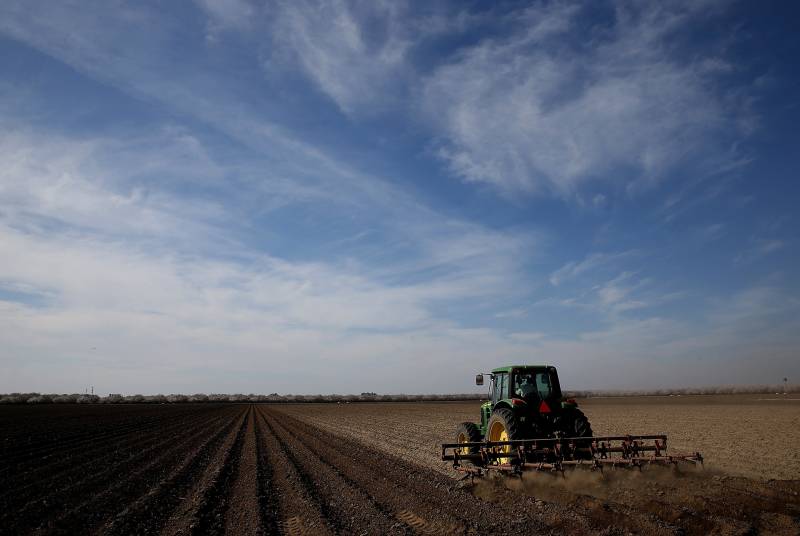InsideClimate News is a nonprofit, independent news organization that covers climate, energy and the environment. Sign up for the ICN newsletter here.
Monterey Bay Community Power is entering the world of agricultural electrification.
The community-owned electricity provider launched its first agriculture-specific grant program this week, an initiative that will fund the replacement of fossil fuel-powered farm equipment, like tractors and forklifts, with electric alternatives.
Funding will be allocated based on the number of customers that the electricity provider serves in each county. Of the $160,000 available — enough to fund at least eight grants of up to $20,000 each — half the money is earmarked for agricultural customers in Monterey County and a quarter for Santa Cruz County, with the remainder split between San Benito County and the cities of San Luis Obispo and Morro Bay.
“The hope is to learn, establish ourselves as a trusted resource for the Ag sector, and then just build upon the success of this program,” said J.R. Killigrew, director of communications and outreach for Monterey Bay Community Power.

